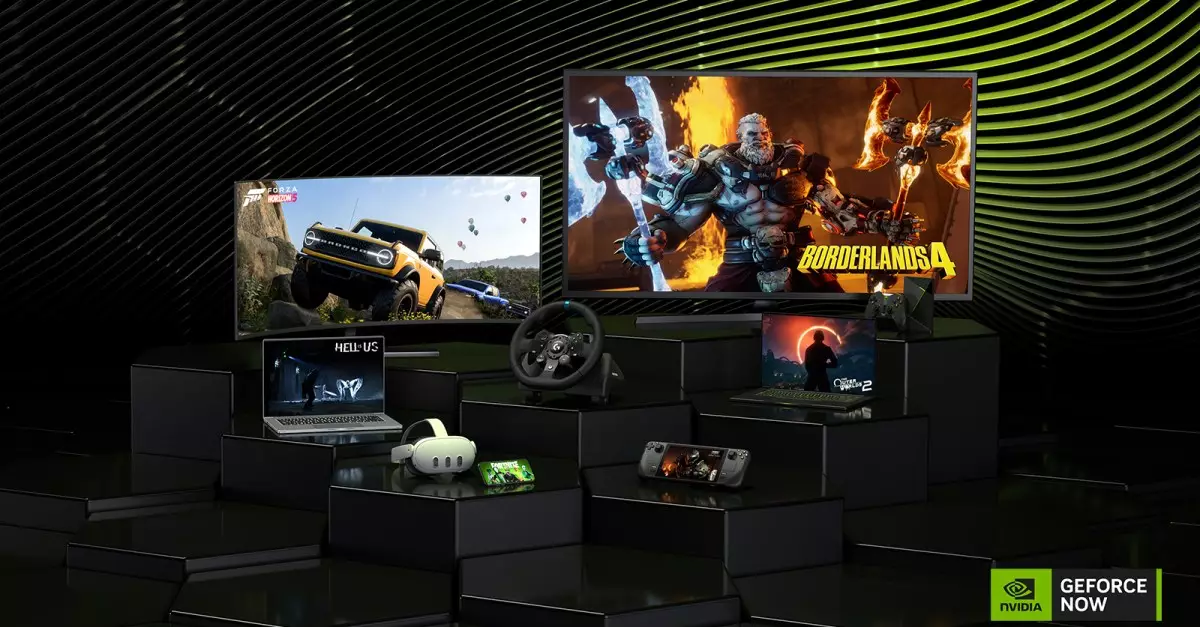The gaming industry stands at a pivotal crossroads where convenience and immediacy are no longer luxuries but expected standards. The latest innovations from industry giants like Nvidia, Discord, and Epic Games signal a bold shift towards seamless, try-before-you-buy experiences that could transform consumer engagement. Traditionally, trying a game involved time-consuming downloads, lengthy installations, or relying on preconceived demos that often failed to capture the true gameplay experience. The new approach aims to eliminate those barriers by enabling players to jump straight into titles within seconds, directly from communication platforms or web browsers. This concept isn’t entirely new—early cloud gaming services like Gaikai and Google’s Stadia experimented with this model—but recent advancements suggest we might finally see widespread adoption.
Challenging Traditional Purchase Models
The idea of instantly trying a game without commitment could profoundly impact purchasing decisions. Instead of relying solely on trailers or reviews, players will be able to experience gameplay firsthand before making a financial commitment. This could reduce the daunting risk of buying games that don’t live up to expectations and foster a more dynamic, user-driven discovery process. However, the implementation is far from perfect. As seen in Nvidia’s recent demonstration, players still need to go through account logins and may be limited to trial periods—such as a 30-minute free trial for Fortnite. While this lowers the barrier to entry, it doesn’t fully eliminate friction. Requiring accounts, even if only for verification, can deter casual users who seek quick access without the hassle of additional sign-ups.
Potential to Transform the Industry—But Not Without Resistance
Despite the promising technological advancements, skepticism remains rooted in industry inertia. Major publishers and platform owners have historically been cautious, fearing loss of control or revenue. Sony’s failed attempt to incorporate Gaikai into the PlayStation ecosystem illustrates this reluctance. Even when the technology was available, publishers hesitated to grant consumers free, instant demos that could potentially cannibalize full game sales. The challenge now is convincing stakeholders that try-before-you-buy models can actually enhance revenue by increasing trust and engagement. If industry leaders like Epic Games, developers, and publishers choose to embrace this evolution, it could cultivate a new culture of transparent, consumer-friendly practices—moving away from opaque purchase funnels toward more interactive, confidence-building experiences.
Implications for Consumer Empowerment and Market Competition
The ability to preview games instantaneously may also democratize access, particularly for players hesitant to invest large amounts upfront. This democratization can foster a more competitive market where smaller developers have the chance to showcase their creations more effectively. Conversely, this approach could pressure existing platforms to innovate or suffer obsolescence as consumers gravitate towards more accessible and frictionless experiences. Moreover, as these demos become more integrated into social and communication platforms like Discord, gaming becomes less about isolated ownership and more about shared, communal exploration. This shift could redefine how communities engage with games, turning discovery into an ongoing, collaborative process rather than a one-time purchase decision.
While hurdles remain—such as standardization, licensing, and user privacy—the trend toward instant, try-before-you-buy gaming is undeniably poised to reshape industry standards. It champions a future where gaming is less about lengthy investments in downloads and more about spontaneous, confident exploration. The question is not just whether this will happen, but how swiftly it will become the norm, ultimately empowering players and fostering innovation across the gaming landscape.

